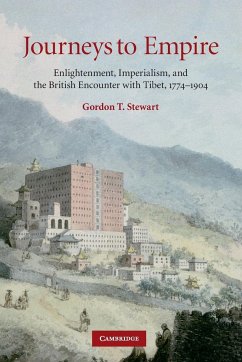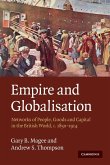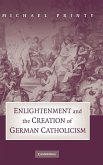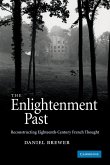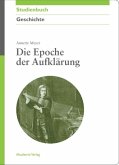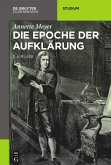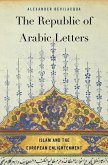This fascinating study of two British missions to Tibet in 1774 and 1904 provides a unique perspective on the relationship between the Enlightenment and European colonialism. Gordon Stewart compares and contrasts the Enlightenment era mission led by George Bogle and the Edwardian mission of Francis Younghusband as they crossed the Himalayas into Tibet. Through the British agents' diaries, reports, and letters and by exploring their relationships with Indians, Bhutanese and Tibetans, Stewart is able to trace the shifting ideologies, economic interests and political agendas that lay behind British empire-building from the late eighteenth century to the early twentieth century. This compelling account sheds new light on the changing nature of British imperialism, on power and intimacy in the encounter between East and West, and on the relationship of history and memory.
Hinweis: Dieser Artikel kann nur an eine deutsche Lieferadresse ausgeliefert werden.
Hinweis: Dieser Artikel kann nur an eine deutsche Lieferadresse ausgeliefert werden.

